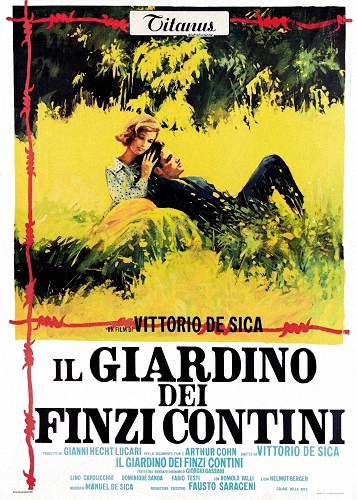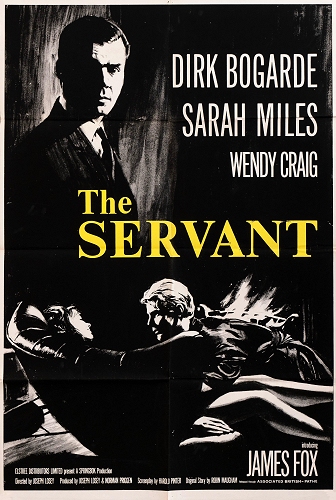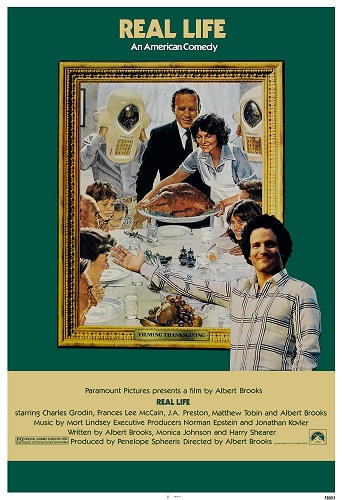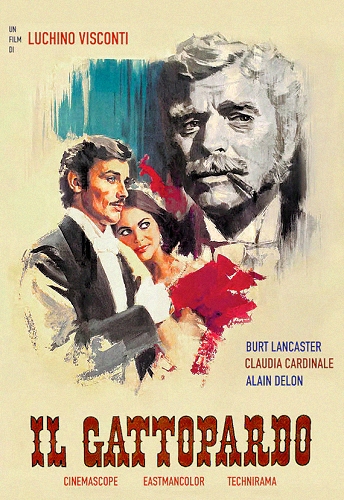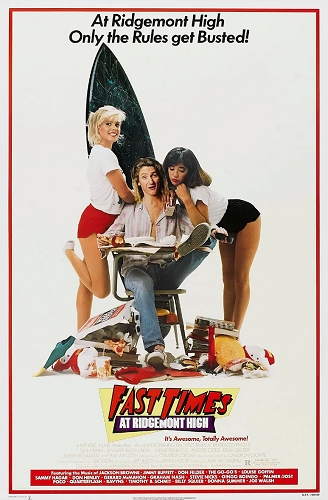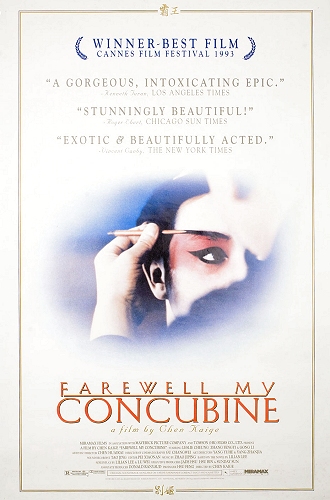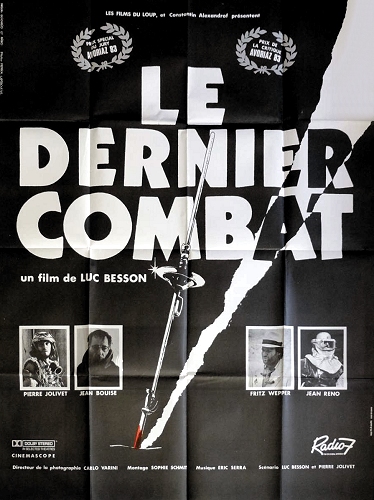- Messages
- 14,902
- Reaction score
- 2,430
- Trophy Points
- 228
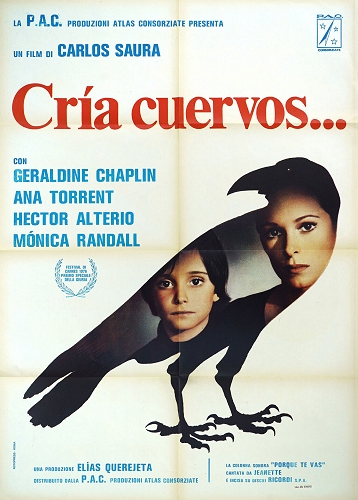
Cría Cuervos (1976)
Director: Carlos Saura
Country: Spain
Length: 107 minutes
Type: Psychological, Drama
A film about 8-year old Ana and her two sisters in the aftermath of the death of their Spanish fascist father, following soon after the death of their English mother. There are elements that you probably aren't going to get unless you're Spanish, or read up on the film afterwards (like I did). For example, Ana repeatedly listens to a great Spanish pop 7" 'Porque te vas' by Jeanette, who sings in Spanish with an English accent, so it's meant to represent a "comfort blanket", as Ana's dead mother spoke Spanish with an English accent, or a vital plot element involves a tin of powder but if you don't read Spanish, you might not realise the significance of the label on the tin. Or just generally fully understanding the political, social and class context of the setting in the final days of General Franco's regime, and it's metaphorical application to the troubles of the family in 'Cría Cuervos'. The use of in-camera flash-backs, flash-forwards and dream sequences, plus Geraldine Chaplin playing the mother and older future Ana is very creative, yet natural feeling.

